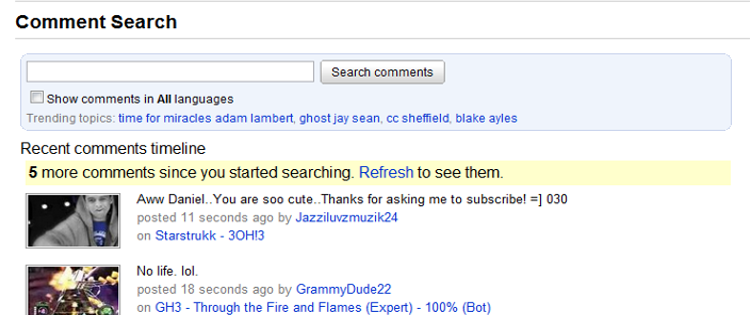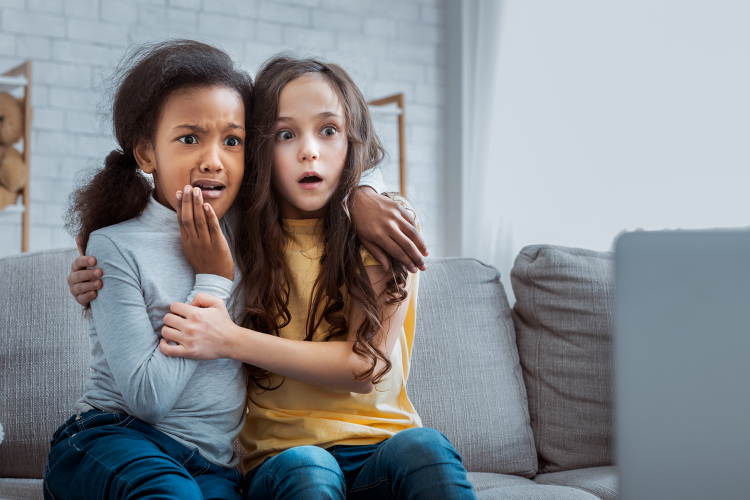
How can I protect my child from inappropriate comments online?
How can I protect my child from inappropriate comments online? https://mediatrics.com/wp-content/uploads/2016/08/CommentsSectionATM.png 750 315 Mediatrics Mediatrics https://mediatrics.com/wp-content/uploads/2016/08/CommentsSectionATM.pngQ: How do you deal with racism, vulgarity, and hatred found in comment sections, even on websites hosting material that is appropriate for my child like YouTube or educational coding websites?
~Troll Fighter, Grand Rapids, MI
A: Dear TF,
This is a great question, and one I’m sure anyone who has ever scrolled through an online comment section will understand. As you know, the Internet is a largely unregulated entity, making it important for you to learn how to navigate it safely, so that you can model and and teach your child internet safety skills.
Even though content children seek may be child-friendly, the platform hosting the content may not be. seek out and help your child navigate the internet to find websites, platforms, and networks that are dedicated to being child or family friendly. Determine whether the platforms curate their content and moderate the comments that respond to that content. For example, while there are many videos on YouTube that are educational and wonderful for children, YouTube also hosts videos and other content, including commentary, that are not developmentally appropriate for children. However, YouTube KIDS is a platform dedicated to hosting content that is safe for young viewers and offers built in parental controls for further customization based on a child’s needs. PBS offers applications linked to its educational broadcast content, such as PBS Kids, designed specifically for younger users. So while you can be more confident that your children can use YouTube Kids or PBS Kids on their own, you may choose to sit with them when and if they use sites that offer less moderation.
It is important to realize, however, that no platform or website will be able to filter or control every comment or piece of content. As a consumer and good digital citizen, you should report to the site any and all content to which you or your child is exposed that you find to be unhealthy. Many platforms make it easy to report undesirable material or provide feedback, and have teams dedicated to monitoring and investigating safety threats.
Finally, any exposure to controversial content presents an opportunity to discuss with your child and learn together from the experience. Make sure to address the content in a way that avoids blaming or shaming your child for seeing it. Instead ask questions such as, “How does this make you feel? Do you know what it means? Do you know what this is about? What do you think about that?” Take the time to explore and work through your child’s understanding and feelings about what she saw. Acknowledging and exploring in this way, gives your child a safe context to process the material and can prepare her for the times when she will see or hear something that disturbs her when you aren’t around to moderate.
Unfortunately, we cannot always shield our children from the racism, sexism, and hatred in the world, especially when we are not there. When we are with them, we must seize the opportunity presented by such online material to help our children understand and reject disrespectful, hateful and harmful comments and content. Help them formulate healthy, inclusive world views that appreciate and respect individual differences. Foster within them a sense of being part of a global community online and encourage their participation in it as responsible digital citizens. By challenging the wrongs of the world instead of trying to shelter your child from all of them (which is an impossible task), you will model for her how to seek the good, combat the bad, and protect herself for all those times that you are not there to protect her.
Enjoy your media and use them wisely,



